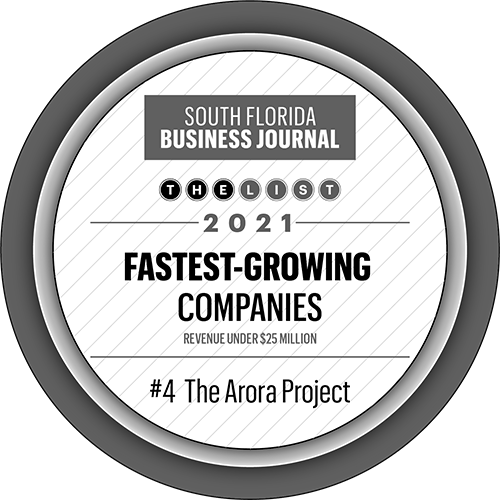
The American Dream is accessible only when there’s social mobility, and access to capital should not be determined by pre-existing wealth. By allowing non-accredited investors into the game, we can diversify the pool of potential investors and truly democratize finance.
Wealth Generation Has Historically Been Inaccessible for Most
Creating wealth is a staple in American culture. However, finance has historically been far from democratized. Those who hold the majority of the wealth use it to create more wealth for themselves—and America is no exception.
The everyday investor is predominantly white and affluent, and the majority of investment dollars go to white, male-led companies. Currently, 77% of venture capital goes to New York, California, and Massachusetts.
Equity Crowdfunding Opens Doors
The democratization of finance is a movement to broaden the investment portfolio of the everyday investor and make wealth accumulation available to more people.
According to Statistica, in 2012 there were 631,817 businesses in the US less than one year old and still in their startup phase. By 2016, the number had exceeded its 2006 peak, and by March of 2020, increased to 804,398.
Calls for changes in investment regulations had eventually borne fruit, and the democratization of finance was underway. Regulations were changed to allow non-accredited investors—who did not meet income requirements—to participate by investing in crowdfunding:
Title III of the JOBS Act allows companies to raise capital through crowdfunding from non-accredited investors.
Title V enlarges the number of shareholders from 500 to 2,000, except that no more than 499 be non-accredited investors.
In a previous blog post—part of our Equity Crowdfunding 101 series—we demystify the complete list of regulations enacted by the JOBS Act.
Prior to the act, capital was raised through accredited investors, defined as investors with a net worth of $1 million or making more than $200,000 annually.
Post-JOBS Act, there are quite a few investments a non-accredited investor can make:
- Real estate ownership
- Real estate lending
- Startup investing
- Precious metals
- Agriculture
- Hedge funds
- Peer to peer lending
- Business lending
And this is just the beginning.
Republic’s Contribution Toward the Democratization of Finance
Until now, the industry has lacked a truly global equity crowdfunding platform. Republic, a fast-growing investments platform, is looking to change that. With nine acquisitions under their belt already, Republic is developing a global crowdfunding market that challenges the norms of the finance industry.
Republic’s acquisitions began in 2019 with RenGen Labs, a private equity investment platform for accredited investors. 2019 also saw the acquisition of SheWorx, an investment platform dedicated to furthering businesses led by female entrepreneurs, and Fig, a platform uniquely designed for video game investments.
In 2020, Republic gained Compound, a real estate investment platform, and Nextseed, a local business investment platform. In November of 2021, they obtained Arora Project, followed by Seedrs—also known as the first regulated ECF platform in the world—in December of 2021. All of these acquisitions will serve to create a giant global platform.
Democratizing Finance as a Whole
The majority of wealth still lies in the hands of the few, but the landscape is changing: equity crowdfunding allows non-accredited investors the chance to generate their own wealth.
These efforts by major platforms like Republic will have a visible effect on making the American Dream more accessible. Restoring the middle class by encouraging wealth generation by non-accredited investors is the future that Republic is leading us toward.
By utilizing platforms like Republic, you too can play a role in furthering the movement towards true democratization.








